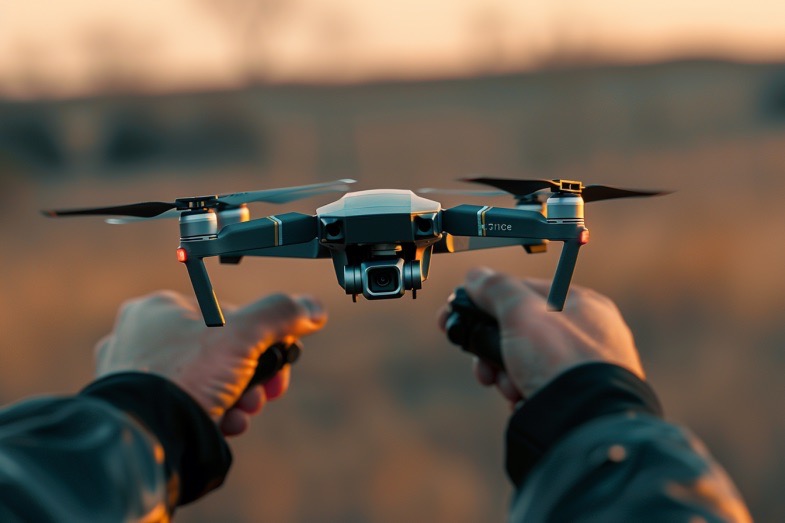India’s Election: A Decisive Moment for Modi’s BJP
NEW DELHI — The polls have opened in the first and largest phase of India’s historic election, setting the stage for Prime Minister Narendra Modi’s bid for a rare third consecutive term. With about 969 million eligible voters, this election is considered one of the most significant in decades, as Modi’s Bharatiya Janata Party (BJP) aims for a majority in the lower house of parliament.
Modi’s leadership has been marked by significant infrastructure development and economic growth, propelling India into the global spotlight as a major power. However, his tenure has also seen a rise in religious polarization and criticism for crackdowns on dissent.
The BJP’s main opposition, led by the Indian National Congress, is campaigning on a platform of reducing inequality and protecting democratic institutions. The election, spanning seven phases over six weeks, will culminate in the counting of votes on June 4.
As Modi seeks to secure a supermajority, his ambitious plans include transforming India into a global manufacturing hub, achieving energy independence, and elevating the country’s economic status on the world stage.
Despite Modi’s popularity and economic successes, challenges such as youth unemployment and religious tensions persist, prompting both support and opposition from voters across the country. The outcome of this election will shape India’s future trajectory on the global stage.
With the world watching closely, India stands at a crossroads as voters cast their ballots in what will undoubtedly be a pivotal moment in the nation’s history.



